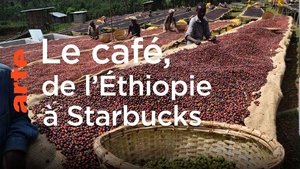
Coffee is still the most important product of Ethiopia's economy, but it has now also gained a foothold in many other countries around the world. "With open cards" tells the story of the long journey of this drink, which is one of the most consumed drinks of all, and also focuses on the environmental pollution associated with its production. [arte]
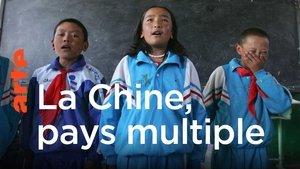
On October 3, "Mit offenen Karten" celebrates its 100th edition. The anniversary program looks at Xi Jinping's China from the inside: The Middle Kingdom and its world power aspirations are constantly on everyone's lips, but do people really know what is going on within its borders? The magazine focuses on this huge country full of contrasts. [arte]
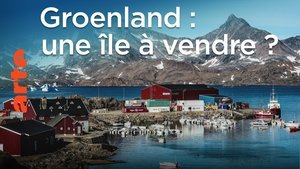
In August 2019 Donald Trump announced that he was in talks with Denmark to buy Greenland. His dubious offer was rejected, but reminded the world of the strategic importance of the Emerald Isle. The melting of the ice is changing the course of the Arctic waterways, and Greenland, rich in raw materials, is increasingly attracting the interest of the major powers. [arte]
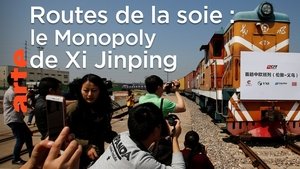
Since Chinese President Xi Jinping announced the construction of a new Silk Road in 2013, the world has feared the growing Chinese influence on the global economy. What is the project really about? How far has it progressed? And what does China gain from it? Transportation, infrastructure, credit and cultural investment - China is now present on all continents. Will Xi Jinping win his gigantic monopoly? [arte]
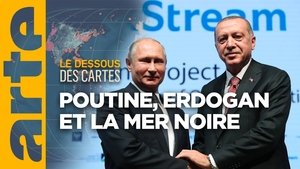
Recep Tayyip Erdogan and Vladimir Putin rule two influential states bordering the Black Sea and regularly dominate the headlines. Since the annexation of the Crimea and the construction of the "Turkish Stream" gas pipeline, they have been in the limelight more than ever. Despite the currently tense relations between their countries, both statesmen are pursuing a common goal: to keep the Western powers away from the Black Sea region. Why is this region strategically so important? [arte]
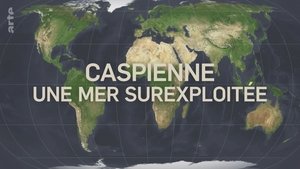
The Caspian Sea is surrounded by the five riparian states Kazakhstan, Azerbaijan, Turkmenistan, Iran and Russia and their complex network of interests. Oil and natural gas deposits as well as rich caviar stocks arouse desires. "With open cards" sheds light on the geostrategic significance of the world's largest inland waterway, which is subject to major overexploitation. [arte]
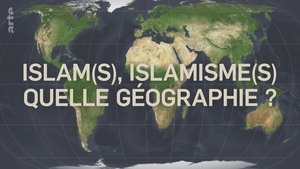
How are Muslim communities distributed across the globe in 2020? How did Islam come into being and how did it spread? A glance at the world map shows where the individual Islamic denominations are to be found. "With open cards" explains the basics and takes a look at terms that repeatedly cause heated debates. [arte]
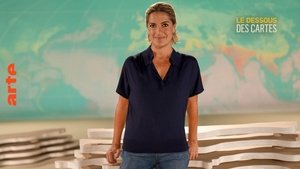
A look back at the great epidemics and pandemics of human history and how they spread through the world. The propagation of the Black Death in medieval Europe, the Spanish Flu in the 20th century or indeed Covid-19 today, all indicate how human populations are linked via trade, travel and geography.
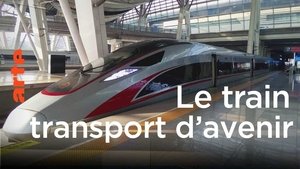
Measured against the criteria of the 21st century, the railway offers numerous advantages: it is a means of transport that is networked worldwide and enables ever higher speeds. Transportation or travel by rail is far more environmentally friendly than by plane, car or truck. China is now relying on railways on a large scale, particularly with the "New Silk Road" initiative. "With open cards" tells the old story of the global railroad, which has a great future ahead of it. [arte]